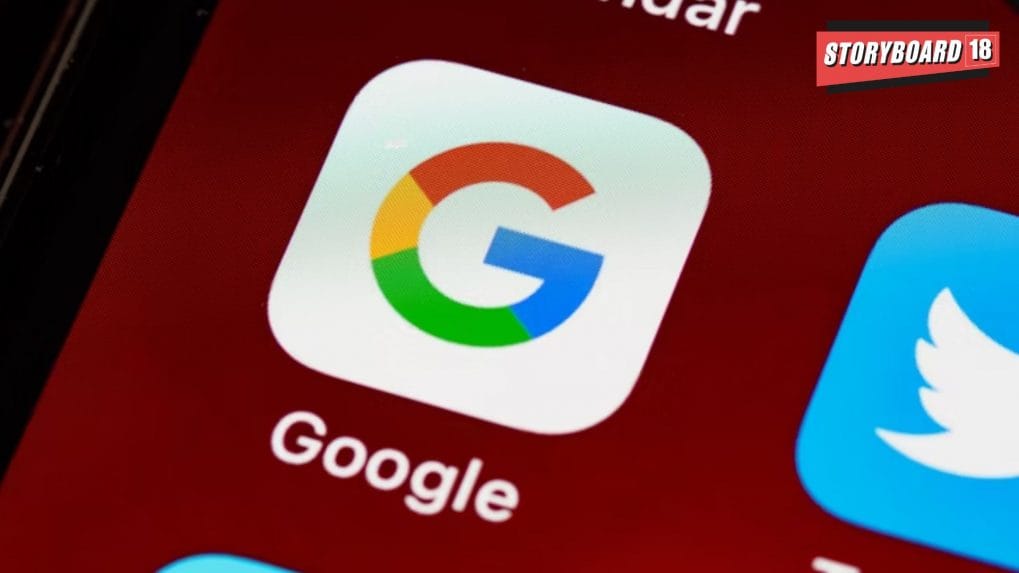How it Works
WPP, Havas, Omnicom: Are advertising’s biggest holdcos recasting agencies as AI Operating Systems?

On September 2, a judge in Washington ruled that Google will not be required to sell its Chrome browser. However, the court ordered the tech giant to share key data with competitors to help foster greater competition in the online search market.
U.S. District Judge Amit Mehta also allowed Google to retain its Android operating system—an important ruling, as Android and Chrome together play a significant role in Google's dominance in online advertising.
Google is facing increasing pressure from emerging AI tools like OpenAI’s ChatGPT, which are beginning to challenge its long-standing supremacy. If granted access to the data Google must now share, AI companies could enhance their chatbot capabilities and develop competing AI-driven search engines and web browsers, according to a report by The Economic Times.
In a blog post, Google expressed concerns that sharing data could compromise user privacy and stated that it is reviewing the court's decision carefully. The company has also indicated plans to appeal the ruling, a move that could delay enforcement for years, with the case potentially reaching the U.S. Supreme Court.
The ruling also brought relief to Apple and other device and browser makers. Judge Mehta said they could continue to receive ad revenue-sharing payments from Google for searches conducted on their platforms. According to Morgan Stanley analysts, Google pays Apple an estimated $20 billion annually for such arrangements.
Furthermore, the decision prohibits Google from entering into exclusive contracts that block rivals’ apps from being pre-installed or promoted. This makes it easier for device makers to offer alternative search engines and apps. In fact, Google had already begun relaxing such agreements: recent deals with Samsung Electronics, Motorola, and wireless carriers like AT&T and Verizon now allow them to include competing search services.
From purpose-driven work and narrative-rich brand films to AI-enabled ideas and creator-led collaborations, the awards reflect the full spectrum of modern creativity.
Read MorePraveen Someshwar, Managing Director and CEO of Diageo India, joins the Grand Jury of the Storyboard18 Awards for Creativity, highlighting the awards’ focus on work that blends cultural relevance with strategic and commercial impact.